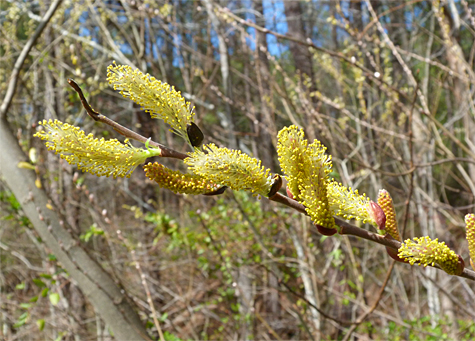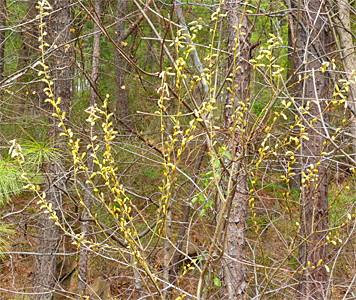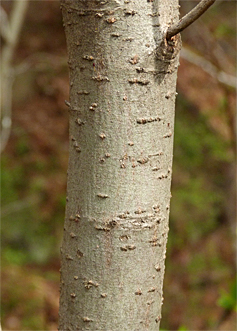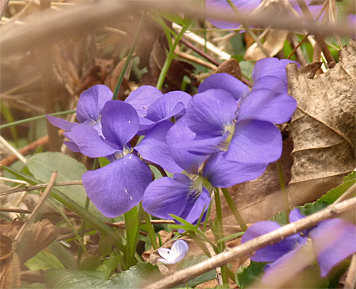There are willows currently in bloom on the north side of the Wetlands. Not the Black Willows which will be in flower next month and which dominate the Wetlands, but much smaller trees of a different species. There are only five of these slender trees on the property.

Each year as these trees come into bloom I vow that I’m going to identify them once and for all. I soon put aside that vow due to all of the other events that take place at this time of year, like frogs, insects, and birds hopping, buzzing, and flying about.


This year, thanks to Jim Phillips, Landscape Architect here at the Museum, I think that I can put a name on the mystery willow, Silky Willow (Salix sericea). Although most of the literature that I can find on the plant states that it blooms in spring, or mid spring, or more specifically April-May, these trees are in bloom each year in early March (late winter). Even so, I’m going along with the identification as Silky Willow.
The trees do not, as yet, have leaves, which would be helpful in the identification process. Sericea means silky, and the underside of the leaves are supposed to have silky hairs on them (we’ll have to wait a few weeks to see if the leaves are silky underneath). However, the bark is distinctive on Silky Willow, having raised “blemishes.”
Right across the path and some thirty feet west of the Silky Willows is a small patch of Common Blue Violets. Go to the edge of the pavement, lean over, look down near the water and you should see them.

Now’s a good time to go out and have a walk around the trails.
Enjoy!